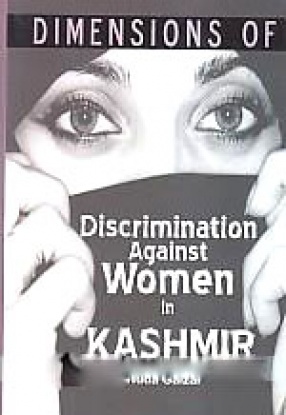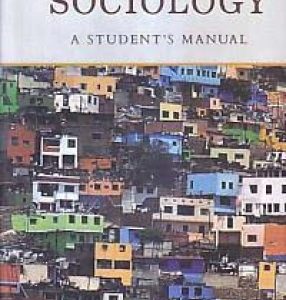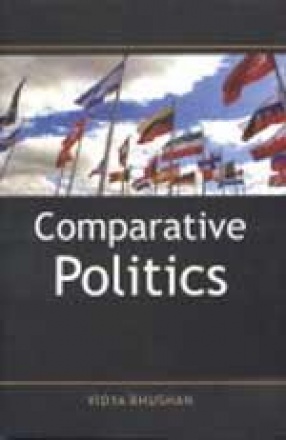The Commissions in the British Administration have been known as Royal Commissions and had their origin in the functioning of the King during the beginning of the second millennium. The institution of Royal Commission was given a new boost by the Whig Party in the early thirties that led to the appointment of many Royal Commissions in India by the time the nineteenth century was to come to an end. It is very significant, therefore, that included in these volumes are the Commissions and Committee starting with the thirties of the nineteenth century. Vol. 1: Reports were prepared by Commissions and Committees of the British Indian Government to facilitate the continuance of the British rule in this country with the help of assessment of the ticklish issues in key areas of administration. Two important Committees whose findings are included in this volume are: the Committee on Prison Discipline (1838) and the Indian Jail Committee (1864). Another significant panel, particularly in view of the experience of the rebellion of 1857, whose report is included here is the Special Ordnance Commission (1874). On the economic front, the significant panels featured here are the Indian Famine Commission (1878) and two Commissions dealing with the manufacture, sale and other aspects of salt (1853 and 1875). The rebellion of 1857 had challenged the might of the British Government which thought it necessary to enquire into the working of the vital sectors of the Indian Army. In this respect, report of the Special Commission to Enquire into the Organization and Expenditure of the Army in India (1879), included in this volume is quite important. Vol. 2: To create some confidence among the Indian people for the British Government after the jolt of the rebellion of 1857 it concentrated on the spheres of health and education. The reports of panels on Cholera (1885) and Leprosy (1890-91) are significant in the field of health administration. In the educational realm the reports of Indian Education Commission (1882) and the Muhummadan Educational Endowments Committee (1885) are noteworthy. The jail and police administrations continued to engage the attention of the Government and the reports on these subjects (1888 and 1890) should be studied with care and full attention. In other fields of administration, the reports of the Public Service Commission (1886-87) and the Committee on Public Works Accounts (1888) are quite important. Narcotics and drugs have always been matters of concern for Indian administrators. The reports of Indian Hemp Drugs Commission (1893-94) and Royal Commission on Opium (1893), included in this volume, are quite important for researchers in our contemporary times. Vol. 3: The end of the nineteenth century was marked by the devastation caused by certain diseases that appeared with almost regular frequency. It would be useful to study the reports of the panels on the Nature of Kala-Azar (1898) and the Indian Plague Commission (1898). Kala-Azar shows its, head occasionally in some parts of India even today. Similarly, even though it was believed over the past many years that Plague was a thing of the past, its appearance in western India recently made us sit up and rethink about this still lurcking menace. The material provided about the Commissions and Committees is quite useful and even comprehensive. It provides the names of the Chairpersons and the Members of a particular Commissions or Committee, the necessary details of its appointment, the Terms of Reference, the list of contents (chapters, sections, etc.) and, at the end, the all important Recommendations. It is hoped that contemporary researchers would make a positive use of these reports.
Committees and Commissions in Pre-Independence India, 1836-1947 (In 4 Volumes)
In stock
Free & Quick Delivery Worldwide
reviews
Bibliographic information
Title
Committees and Commissions in Pre-Independence India, 1836-1947 (In 4 Volumes)
Author
Edition
1st ed.
Publisher
ISBN
817099800X
Length
303p., 269p., 286p., 348p., Index; 23cm.
Subjects





There are no reviews yet.